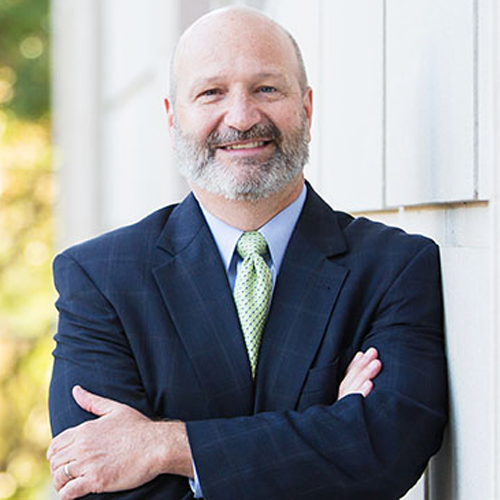As fall approaches, many employers are preparing to offer flu vaccinations to their employees. In most work settings, this is a voluntary benefit that employees may choose to accept or not, based on their own personal beliefs regarding such vaccinations. In the healthcare sector and more particularly within hospital settings, there has been a growing movement to require flu vaccinations of all hospital personnel.
This stance has been spurred by medical organizations such as the Centers for Disease Control and Prevention, the American Academy of Family Physicians, the American Hospital Association, and the American Academy of Pediatrics, which all advocate for mandatory immunization of healthcare workers in patient care settings. Many employees, including some employees in the healthcare sector, prefer not to receive flu vaccinations. Their reasons vary. For some, the objection is based on genuinely held religious grounds. For others, the reluctance is based on a distrust of the efficacy of the flu shot, or out of concern for long term health risks associated with immunizations.
As mandatory flu vaccination programs were being implemented in the last few years, there was little court guidance for employers on the subject. Recently, however, two federal district courts (federal trial courts) issued opinions in favor of hospital employers pertaining to these mandatory immunization programs. In April 2016, a federal court in Massachusetts dismissed a hospital emergency room employee’s claim that her employer engaged in religious discrimination in violation Title VII of the Civil Rights Act of 1964 when it refused to excuse her from the requirement that she receive a flu vaccination despite her Muslim faith. The employee in that case was not a medical professional, but nonetheless worked in patient intake in the hospital emergency room and had very close regular contact with patients. This fact was regarded as quite significant by the court. When an employee claims religious discrimination, the key inquiry is to determine whether the employer can accommodate the employee’s genuinely held religious beliefs and practices within reasonable limits, without imposing an undue burden on the employer. Upon undertaking this analysis, the Massachusetts based federal court determined that a hospital simply cannot accommodate a request to be exempted from having a flu vaccine by an employee working in close proximity to at risk patients without increasing the risk of transmitting the flu virus to an already vulnerable patient population.
In August 2016, another federal district court in Pennsylvania considered a similar claim by a hospital employee who also claimed religious discrimination for not being exempted from a mandatory flu vaccination program. In that case, however, the employee did not base his objection on any traditional theological grounds, but more upon his personal concern that the flu vaccine “has not been shown to be effective, its benefits are grossly inflated, its risks are dangerously down played,” etc. Since, this employee’s objection was not based upon anything religious, but simply a strongly held personal opinion, the claim for religious discrimination was dismissed.
It is important to note that in spite of these early court victories by hospital employers, the Equal Employment Opportunity Commission (EEOC) has questioned the application of several of these mandatory vaccination policies. The EEOC has filed at least two federal court lawsuits in North Carolina and Massachusetts challenging similar policies for failing to accommodate an employee’s religious beliefs. Thus, the state of the law on this subject is still in flux. Consequently, hospitals that adopt mandatory immunization policies should be careful to implement procedures designed to receive and evaluate legitimate requests for accommodation of an employee’s medical conditions and religious beliefs and to genuinely search for possible accommodations. One question that has yet to be resolved is whether the “undue burden” defense asserted by hospitals in regard to employees in patient care settings applies equally to employees outside patient care settings, such as employees in the accounting and payroll departments.
For the time being, healthcare employers appear to be on safe ground adopting mandatory flu vaccination policies. These should, however, provide employees a legitimate opportunity to address requests for exemption and accommodation of health related concerns and genuinely held religious beliefs. Once those are raised, the employer should undertake a fair consideration of those concerns, including a full evaluation of possible accommodations that would allow the employee to continue working without receiving the vaccination.
If you would like to speak to John Lawhorn on this or any other matter, he may be reached at (865) 546-9321.
RELATED POSTS:

John M. Lawhorn of Frantz, McConnell & Seymour, LLP practices extensively in the field of Labor and Employment law and regularly advises clients concerning federal and state laws pertaining to employment discrimination, retaliation and harassment, workplace policies, OSHA/TOSHA compliance, wage and hour compliance, labor/management relations, employment contracts and in many other aspects of the employment field. He regularly represents employer and employee interests in Tennessee State and federal courts on a wide variety of employment related matters.





